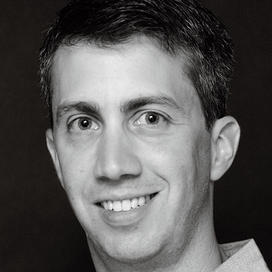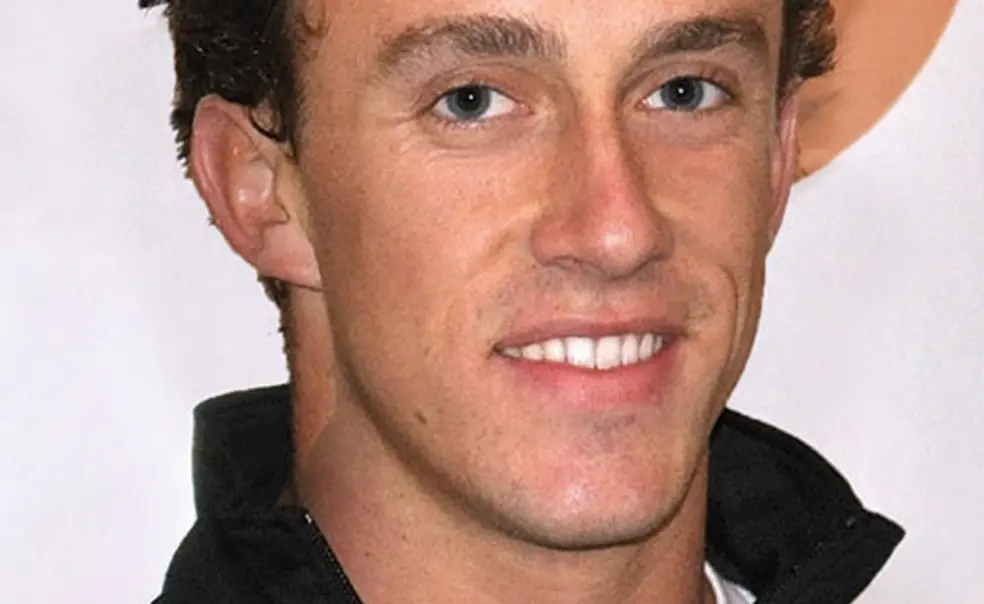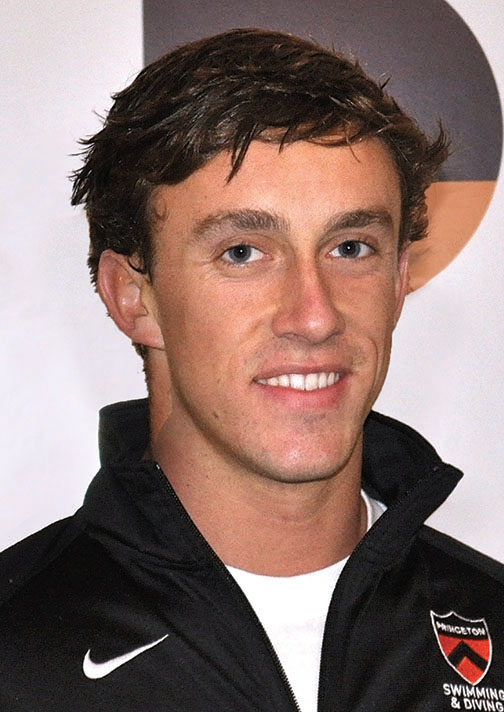Extra Point: Working to Make Teams More Inclusive, Athletes and Coaches Stand Up as Allies
Imagine you’re a gay athlete in college, struggling with the decision to come out of the closet. Each day at practice, you see your teammates and wonder, would they treat me differently if I told them? What would my coach think? How would things change?
It may be difficult to predict how people will react, but it would help to hear a few supportive voices around the gym, on the field, or at the pool.
Last spring, Mark O’Connell ’14 of the swimming and diving team joined with a handful of friends to identify and amplify those voices, creating Princeton Athlete Ally, a group that he said aims to recruit athletes and coaches who will “stand up for the LGBT community” and create a “safe, inclusive, and welcoming environment.”
Allies can be gay, straight, bisexual, or transgender, and while the signs of support often are small — an Athlete Ally button on a backpack or a status update on Facebook — the overall effect has been positive. O’Connell, who was inspired by former Maryland wrestler Hudson Taylor and his international Athlete Ally campaign, has found receptive audiences on campus, including during his appearance at a recent athletics department meeting of about 100 coaches and staff.

Perhaps the support for Athlete Ally should not be surprising in a year that saw a string of pro athletes coming out and prominent allies speaking out about anti-gay laws in Russia, host of the 2014 Winter Olympics. Other headlines about coaches and athletes using gay slurs show plenty of room for improvement.
Debra Bazarsky, director of the University’s LGBT Center, said that a discussion and support group for questioning and LGBT athletes at Princeton began meeting regularly in 2003, and in the years since, the atmosphere for openly gay athletes generally has been good. But external factors often come into play. Some students have encountered homophobic or transphobic bullying in high school, or earlier; others feel isolated because they play sports that have few or no openly gay pro players. Having vocal allies helps to counter those experiences and perceptions, Bazarsky said, allowing students to “focus on their sport, rather than their identity.”
O’Connell’s efforts are inspired partly by personal experience. As a freshman, he was the one asking questions in his mind, distancing himself from his teammates before eventually telling a group of close friends that he is gay. He said he’s been fortunate to have supportive teammates who never treated him as “the gay guy.” They chose to give him a different title: captain.













No responses yet